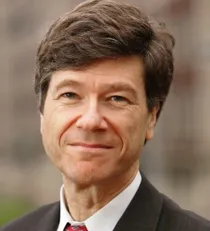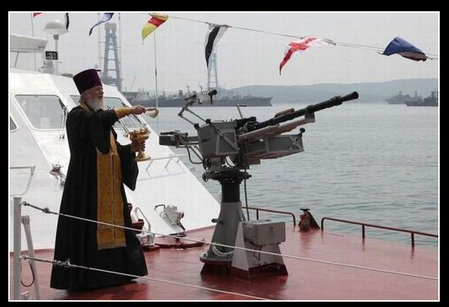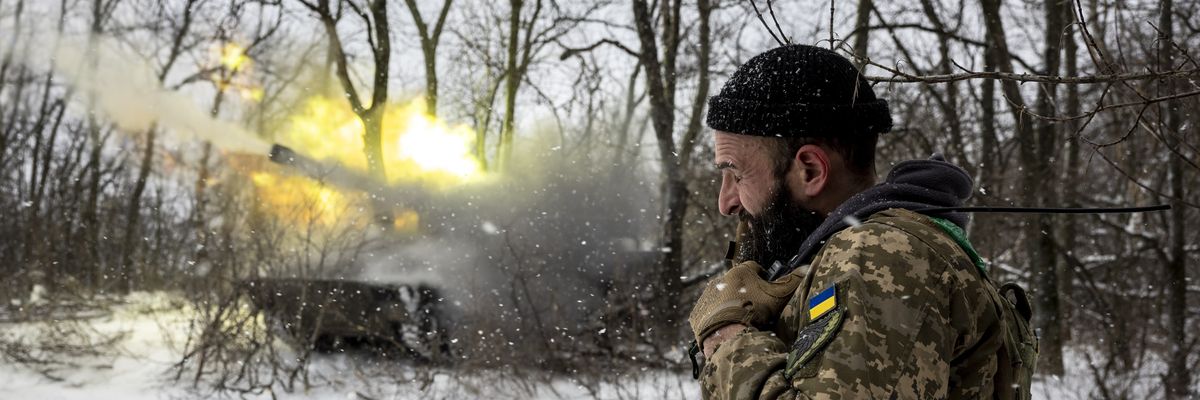Vienna 05/28/2023
Entire blog as a free PDF eBook.

Jeffrey D. Sachs is a University Professor and Director of the Center for Sustainable Development at Columbia University, where he directed The Earth Institute from 2002 until 2016. He is also President of the UN Sustainable Development Solutions Network and a commissioner of the UN Broadband Commission for Development. Source.
When I see such a scientific career path, the first thing that comes to mind is that Klaus Schwab’s person. Exactly – this first impression is a typical generalization that occurs so often in times of “lack of time”. We categorize people – because it’s faster and more convenient. We could also use this method to rate Viktor Orbán, the Hungarian Prime Minister. Viktor Orbán was a graduate of the group of the first politicians like Angela Merkel, Tony Blair and Nikolas Sarkozy to be trained in courses for globalists at the World Economic Forum in 1993. Appearances are deceptive, so let’s not be guided by such hasty assessments.
An interesting article by Jeffrey Sachs was published on Commondreams.org on Tuesday: The War in Ukraine Was Provoked—and Why That Matters to Achieve Peace.
Despite the official account – The New York Times is the lead culprit, describing the invasion as “unprovoked” no fewer than 26 times, in five editorials, 14 opinion columns by NYT writers, and seven guest op-eds! – the author of the article comes to the correct conclusion that the key to peace in Ukraine is through negotiations based on Ukraine’s neutrality and NATO non-enlargement.
I disagree with the assertion that an increase in Russia’s diplomatic efforts with Europe and the non-Western world could prevent this war. Western Europe was and is a vassal of US politics. Before invading Ukraine, Putin significantly intensified diplomatic rapprochement with Beijing – he waited until the end of the Olympic Games in China to start the war. Could diplomatic action prevent a war in Yugoslavia, Afghanistan, Iraq, Libya, Syria and several other countries waged by US politicians supported by the American defense industry? Could Poland have diplomatically prevented the outbreak of World War II?
How would the US react if Canada and Mexico gave Russia permission to set up military bases with rocket launchers on their territory? If we compare the struggle for democracy by these “good” forces in NATO with those of the “bad” ones in Russia, of which there is certainly no shortage, the record of crime and destruction clearly points to the culprit.

U.S. planning for NATO expansion began early in the 1990s, well before Vladimir Putin was Russia’s president. Every day we read how bad the President of Russia is. He’s certainly no angel, but it pays to keep the proportions right when assessing who the real war criminal is.
The bankrupt US government will soon be unable to supply arms to Ukraine to defend morally dubious “Western values”. Ukraine will have no choice but to sit down on peace talks with Russia. It is unlikely that the actor-president of Ukraine will personally hold these talks. For the time being he wanders around the world and, out of justified fear for his own life, wants to return to Kiev for nothing. After the Ukrainian drone attack on the Kremlin, like before, he can no longer count on silent cooperation with Russia. Even the “heroism” of the oligarch has its limits. The real threat begins right at the border.
Author of the article: Marek Wojcik
